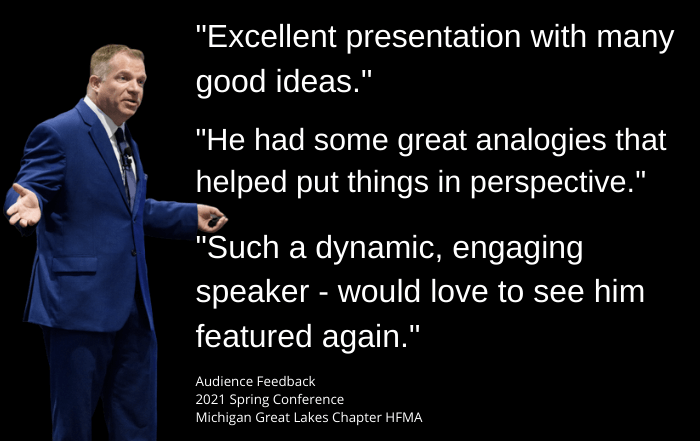 Finding your purpose at work can play a big role in your work-life balance. It’s that thing that gets you out of bed, on a Monday morning, ready to reengage with your job.
Finding your purpose at work can play a big role in your work-life balance. It’s that thing that gets you out of bed, on a Monday morning, ready to reengage with your job.
Recently, I saw a survey about how a sense of purpose at work was very important to Generation Z. That made me curious, so I polled my LinkedIn connections about that topic. Here’s what they said about what gives them a sense of purpose on the job.
- Achieving Goals: 32%
- Helping Others: 32%
- Solving Problems: 23%
- Learning New Skills: 13%
Let’s break down the options, as they may help you better connect with your job or decide you need to change to a different profession. This information can also be useful for supervisors, wanting to manage their employees in the best way possible.
Achieving Goals
For these people, a sense of accomplishment is important. They like the feeling of progress.
These are employees who would probably not thrive in a job where you do the same thing every day, with no sense of progress or change.
If you lead a team of people who love achieving goals, then you need to make sure you give them a steady stream of challenges.
Helping Others
For these people, it’s important to know their work directly impacts someone’s life. From nonprofit work to product sales, there are a lot of ways to help people.
These are employees who are energized by interactions with people. However, you need to watch out for burnout, as helping can become exhausting if the need is non-stop and the demands are unreasonable.
Solving Problems
These employees love finding solutions to problems. It’s like a puzzle to them and they often have a good outside perspectives.
Like the goal group, they need a steady diet of things to achieve. If there are no problems to solve, they may get bored.
And while they see their work as helping people, they may prefer a little distance between themselves and the people who are affected by the problem.
Learning New Skills
If you’re in this group, your purpose at work is figuring things out that others may be interested in but never attempt to learn. You’re the go-to person when your business gets a new software program or wants to start using Artificial Intelligence.
You are patient with challenges and take pride in being an early adopter. You’re also useful in training your colleagues.
As with some of the other purposes, you may need a steady stream of new things to learn, in order to feel a strong connection with your work.






